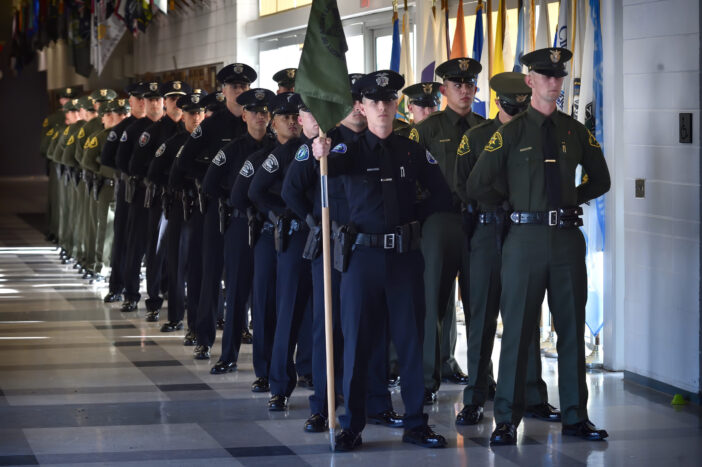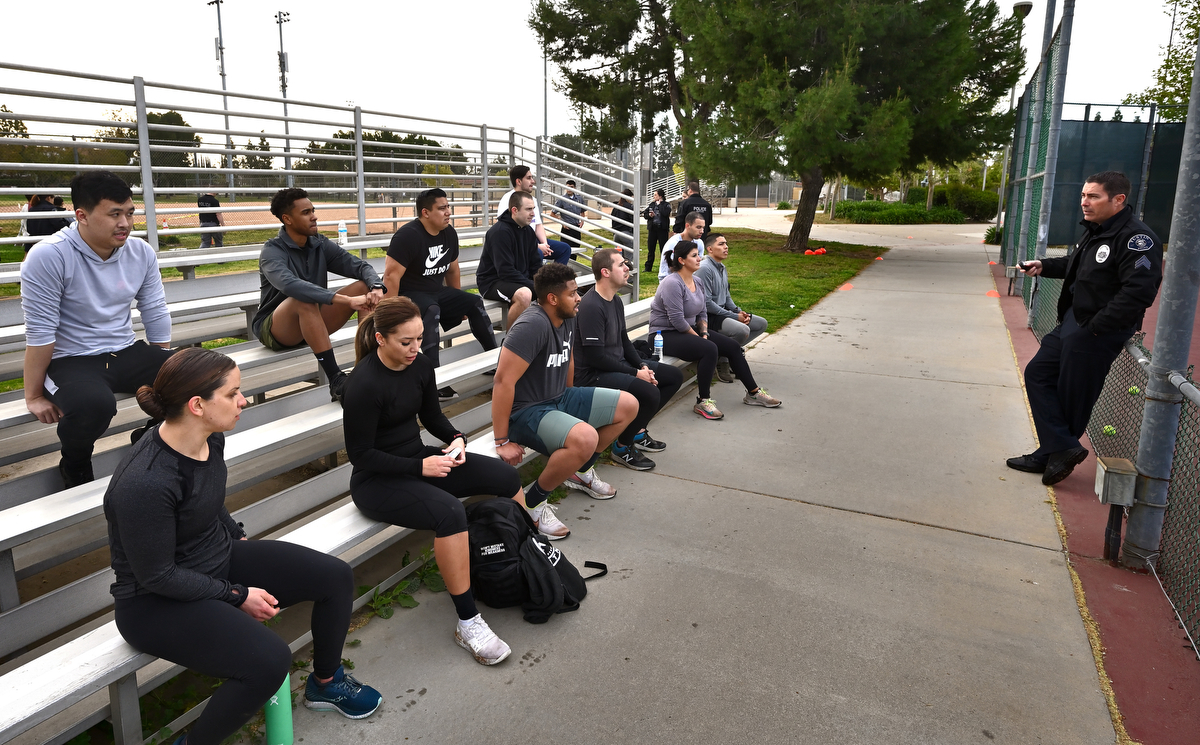Editor’s note: As part of our 10th anniversary, Behind the Badge is sharing stories from our archives: This story is from May 12, 2022.
There is a potential law enforcement crisis getting ready to manifest itself in the next few years. The crisis doesn’t have anything to do with crime, police violence or civil unrest, but is at least partially a direct consequence of all three.
Who wants to be a cop?
After several years of repeated societal upheavals including political divisiveness, civil unrest, and even the COVID-19 pandemic, the question is, who would want to be a police officer now?
Across the country, thousands of police departments are trying to persuade people to consider a career in law enforcement. The “defund the police” movement never really caught on and cities, counties, and states have opened their coffers to increase police budgets. The No. 1 reason for the influx of funding is increased crime and fear of lawlessness.
However, getting people to apply to be officers is a challenge. In 1980, when I joined the Anaheim Police Department, I waited in line along with hundreds of other people just for the chance to get an application. Only 400 applications were handed out for a limited number of positions. I got there hours before the doors opened to see the line already around the block. You see, a lot of people wanted to be cops. That’s not the case today.
Years of negative branding, a shrinking labor pool, prolonged adolescence, and even the great resignation have had an impact on people considering law enforcement as a good career choice. Even cops don’t seem to want their children getting into the profession. A survey by Calibre Press and Police1 of over 10,000 officers found that only 7 percent would recommend the profession to their children.
So, what do we do?
In response, police departments have had to aggressively pursue marketing strategies that include engaging social media posts, career fairs, and live-streaming question and answer sessions with police recruiters.
At a time when departments are the most challenged, they have to be exceedingly diligent when hiring. After years of negative public sentiment, police departments need to be especially careful during the selection process. To get good cops you need quantity. If you have a lot of applicants, you can usually screen through and find good applicants that rise to the top. Astonishingly it’s not unusual to see only single digit numbers hired for every 100 applicants who go through the process.
For departments that need to hire large numbers that means processing thousands of applicants. The trouble is every agency is fishing in the same pond. In California alone there are over 500 law enforcement agencies and pretty much all of them are hiring.
Departments are now in a competition to get prospective applicants to choose them.
A few years ago, I was at an informational meeting for the Anaheim Police Department. At the very beginning the recruiting staff went over minimum qualifications and automatic disqualifiers. There was a short break after which nearly a quarter of the attendees self-disqualified by leaving — and not just for drug use. Applicants self-disqualified over bad driving records, unstable employment history, and — surprising to me — really bad credit histories.
Even monetary incentives are being utilized now. It’s common to see $5,000, $10,000, and $20,000 signing bonuses. In December, an Oakland City Council member even proposed upping the ante to $50,000. Of course, the bonuses would be paid out over the course of years with officers paid an amount for every year they stayed with department.
The staggered payout is necessary because one of the ways departments get officers is by wooing officers from other departments. Cash incentives, better job opportunities, and supportive communities are just some of the ways officers are convinced to make the move to another department. It must be disappointing to put time and effort into hiring and training an officer only to have them jump ship after a few years.
Tustin Police Sgt. Colton Kirwan, right, talks to possible recruits who want to become police officers.
File photo by Steven Georges/Behind the Badge
What are the consequences?
So, what’s the coming crisis?
Hiring, training, and deploying a police officer is nearly a year-long process. In the meantime, natural attrition is occurring as well, as officers leave for any number of reasons including job dissatisfaction, physical injury and even termination. For some agencies, additional budgeted positions must also be filled.
More funding doesn’t automatically translate to more bodies on the street.
What happens when law enforcement can’t hire enough bodies? For many departments this requires restructuring. In other words, agencies have to decide what they will stop doing in order to continue answering the 911 calls and investigating crimes.
Let’s face it, that is what is most important to community members.
If departments can’t hire officers they have to be creative in making sure their patrol deployments are not impacted. So now investigators and detectives are reassigned one or two days a month to patrol duties — which means less time available for following up on reports and arresting bad guys.
Hiring back retirees part time has been another strategy. But despite their expertise and training, this is only a stop-gap measure before most retirees want to be sitting on a beach somewhere.
Fear of crime and disorder necessitate a response by law enforcement. For that, police departments need boots on the ground. When departments can’t get enough people interested in the job, the pressure to compromise standards can become overwhelming. Agency leaders just hope the pressure to hire, and compromised standards, don’t result in problems further down the road.
It will take a lot of creativity and deliberate effort to recruit the thousands of officers needed over the coming years. But by far the greater challenge will be changing public perception of policing in general.
Like a lot of veteran cops are saying, “Who would want to be a cop today?”
 Behind the Badge
Behind the Badge




